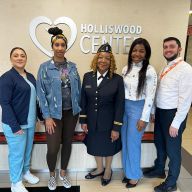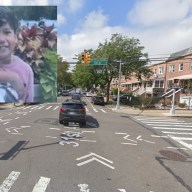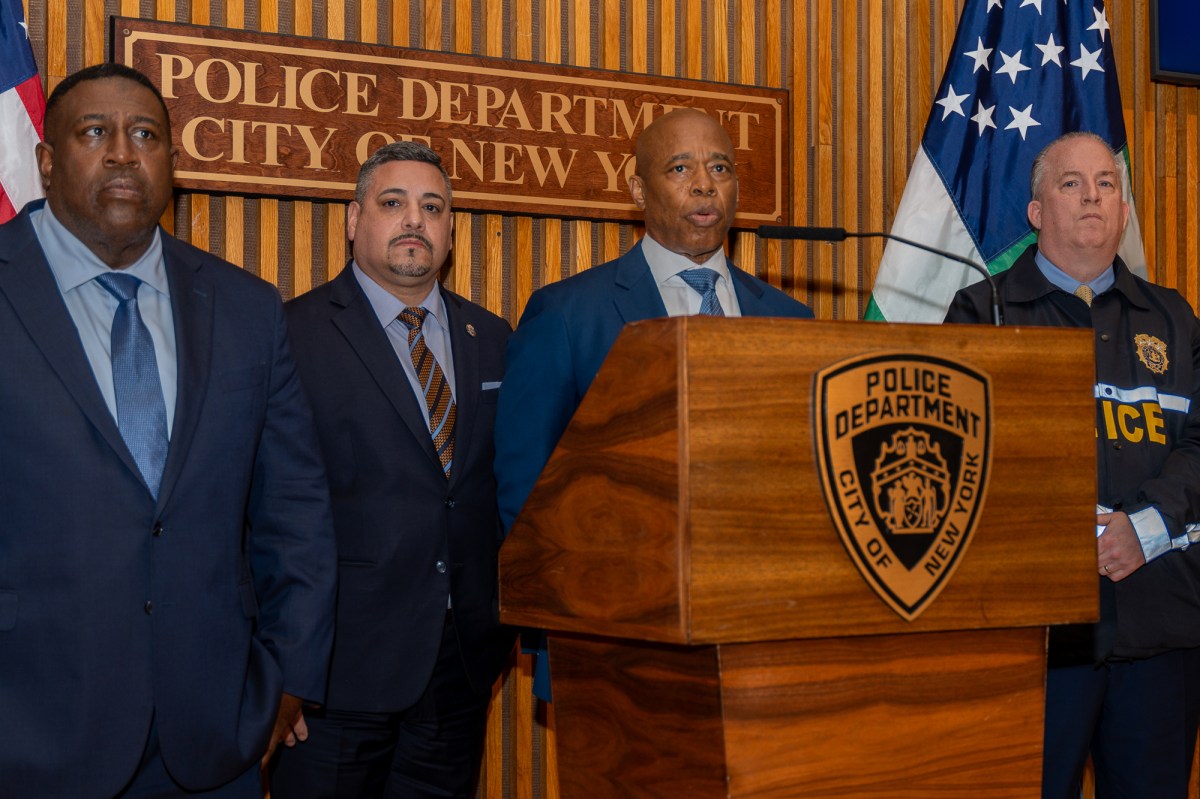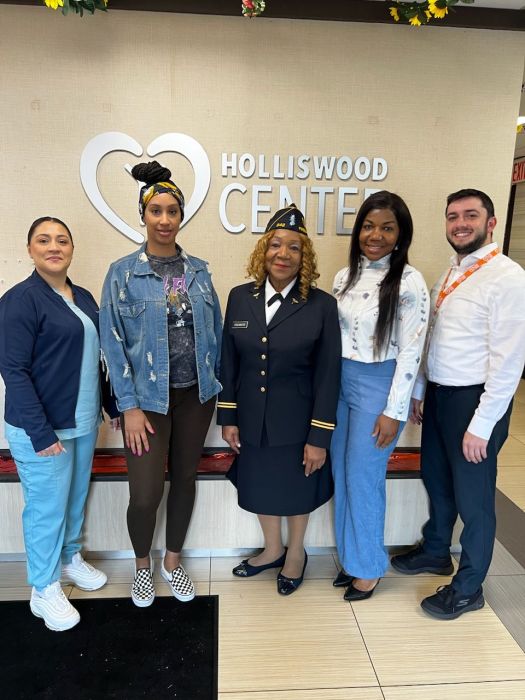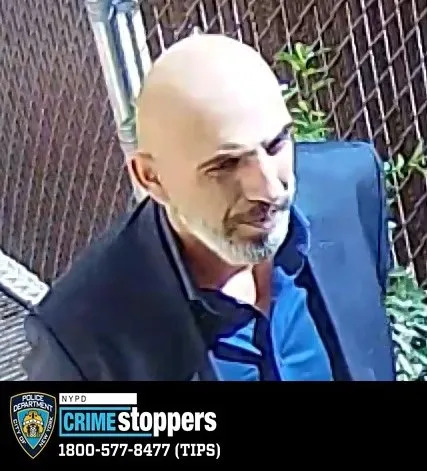By Jeremy Harrow
When your name is Pride of Judea and your next door neighbors are an Episcopal church and a Catholic school, you know a lot of people are going to get the wrong idea.
It might sound like a good place to send your kid to Hebrew school, but Pride of Judea Community Services is actually a state-licensed mental health clinic that provides a wide range of services to people of all ages and backgrounds with special needs.
The name does throw a lot of people off.
“I’ve spent a lot of years working on that,” said Pride’s director, Paula Held Sharf, who admits a lot people think the Douglaston-based clinic is a synagogue.
Even though Pride is a division of the Jewish Board of Children and Family Services, a non-profit, non-sectarian philanthropy, Sharf said people should not assume the facility only serves the Jewish community.
In fact, most of its clients today are Protestant and Catholic. But that’s beside the point, she said, because Pride is here to serve anyone who walks through their doors.
Situated at 243-02 Northern Boulevard in Douglaston, Pride has been diligently meeting its clients’ mental and emotional health needs since 1972. The offices and programs are all housed together in a modern, handicapped accessible three-story brick building.
Founded in 1915 as a Jewish orphanage in Brooklyn, and after many decades of work in that role, Pride relocated to Douglaston and changed its mission to become a community-based outpatient psychiatric clinic.
The group bought the land and erected a two-story facility. A third floor and elevator were added in 1986 because the building was “bursting at the seams,” Sharf said. Pride averages 17,000 treatment sessions a year at the clinic.
In 1997, it merged with the JBFCS to provide an even broader range of services. “A lot of people who have come through these doors are leading good lives,” said Sharf, who has been with Pride for 23 years.
John Lewis, who suffers from paranoid schizophrenia, said Pride has “helped me out tremendously well.” The 45-year-old has been coming for treatment about 17 years, he said. “I believe in it 100 percent.”
Sharf said Lewis is typical of clients Pride serves because he is high-functioning and does not require hospitalization, which Pride of Judea does not provide.
Lewis said he knew about the Jewish background of Pride and that it did not matter to him. “I respected the Jewish religion anyway,” so the College Point resident, who is black and Italian, said it was “an asset rather than a liability.”
Much of the group’s success, said Sharf, is a testimonial to “specific staff with specific skills.”
The group’s expansive roster includes psychiatrists, child psychiatrists, clinical psychologists, certified social workers, and certified alcoholism and substance abuse counselors.
Pride of Judea has specialists in areas such as family violence, learning disabilities and problems unique to the geriatric and early childhood populations.
The organization’s extensive menu of services is impressive, offering many choices, including individual therapy, group therapy, marriage counseling, single-parent counseling, crisis counseling, psychological testing, and teenage suicide prevention, to name a few.
It also provides free Sept. 11 counseling through funding from the Federal Emergency Management Agency as a part of Project Liberty.
Sharf said Pride’s multicultural staff members speak several languages including Yiddish, Hebrew, Hungarian, Russian, French, Spanish and Korean, since they are constantly reaching out to various communities.
“We have seen an increase in our Asian population from 2 percent to 5 percent,” she said, citing Pride’s latest statistics. Pride has also seen a substantial rise in its percentage of black and Hispanic clients.
Two of Pride’s most successful programs have been Club Pride and Project Recovery. Each deals with a particular group having unique needs.
Club Pride began five years ago with a reinvestment grant from the New York City Department of Health and Mental Hygiene.
Club Pride is provided free to any northeast Queens resident over the age of 50 with a psychiatric diagnosis.
It is a clubhouse program designed specifically for mentally ill senior adults. “It is the only program of its type,” said Sharf.
Because seniors with mental illness are frequently isolated by their conditions and age, Club Pride’s goal is to offer these individuals “meaningful and therapeutic socialization and activities to improve the quality of the day,” according to the program’s brochure.
The program runs five days a week, Monday to Friday, from 10 a.m. to 2:45 p.m. Participants are also offered a second breakfast and lunch.
“They can come as often or seldom as they like,” said Sharf. She also said there are future plans to extend the program to Sundays because informal studies have found “that’s the loneliest day of the week for these people.”
Project Recovery serves mentally ill chemical abusers. These are people who have been dually diagnosed with mental illness and alcohol and/or substance abuse.
According to Sharf, this special condition is a precarious one to treat because “you don’t want them to take drugs, but they need drugs for their mental illness.”
Project Recovery psychiatrists are specially trained to treat their dual diagnosis.
People enrolled in Project Recovery can receive individual counseling, group therapy, educational lectures, vocational training, and referrals to Alcoholic Anonymous, Narcotics Anonymous, Al-Anon (for families), and Nar-Anon (for families).
Anyone 15 years old or over regardless of background with a legal or illegal drug addiction is eligible.
Anne Renn has been coming to Pride Of Judea for the last five years. It has been “without a doubt,” the best place she has sought treatment, in her opinion.
The 55-year old Bayside resident suffers from a recurring form of major depression.
“When I have had a depression, it’s usually pretty severe with symptoms that are really hard to cope with,” said the divorced grandmother of two.
Renn had worked as a CEO at two non-profit charities before her condition forced her to resign and go on disability.
She attends the Douglaston clinic three times a week for medication, therapy, and a support group. Renn said it is her “second home” and the staff is “sort of like a family.”
Renn said she could appreciate how nice it is at Pride because of a prior experience at another mental health facility in Queens.
At that place, she said, there was “a coldness, a feeling that because you had a mental illness, you were different, you were more of a patient, than a client.”
To learn more about Pride of Judea and the services it offers, call 718-423-6200.








